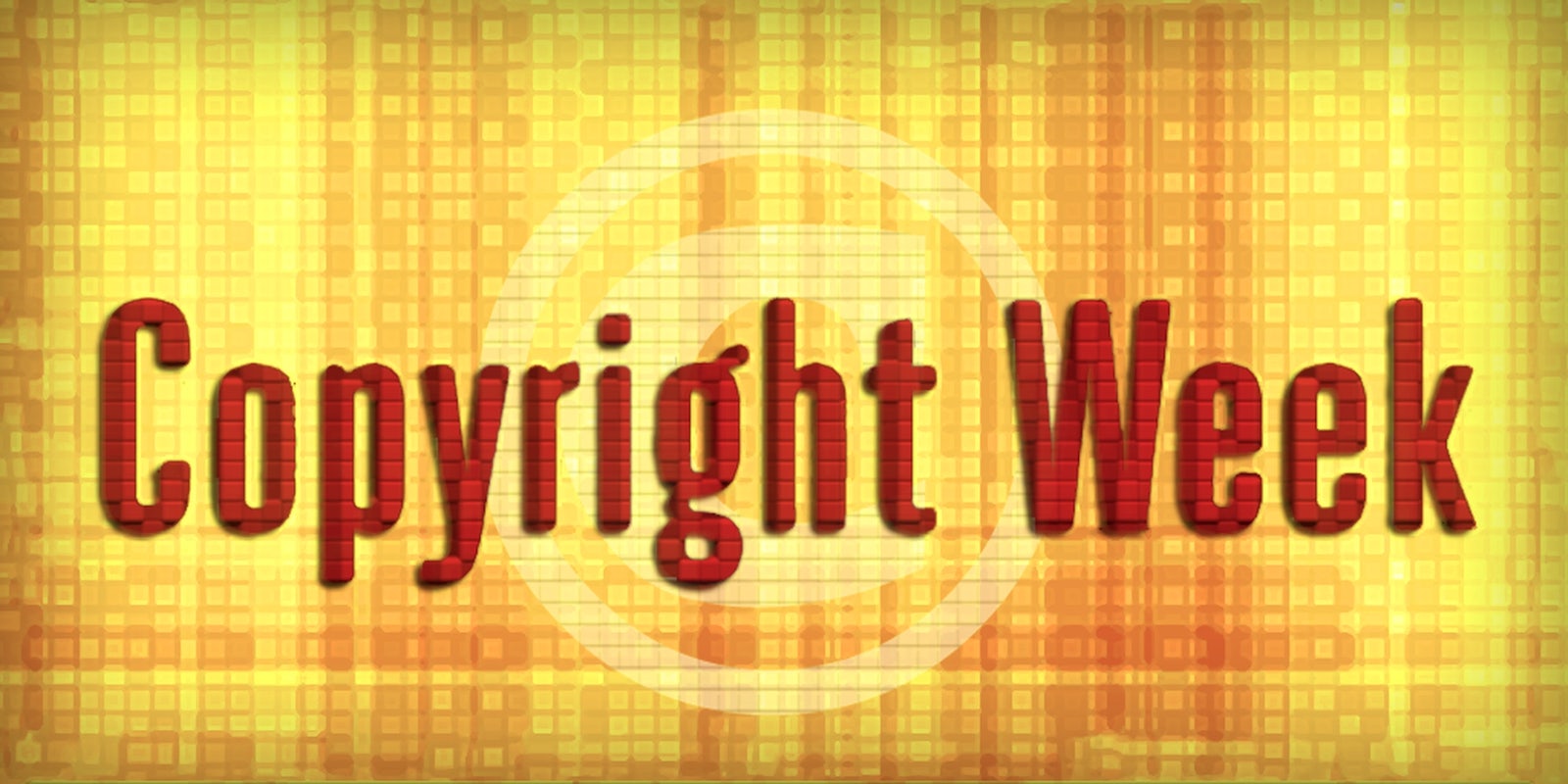To the many who view themselves as netizens, citizens of the Internet, the loss of Aaron Swartz was a devastating moment in history. One year after his death, the memory of the 26-year-old activist is galvanizing the efforts of organizers who share his passion for the freedom of information.
For the next month, activists with “The Day We Fight Back” movement will coordinate a massive protest movement against suspicionless online surveillance by the U.S. National Security Agency. The Electronic Frontier Foundation, in affiliation with other organizations, has declared the week of January 13 Copyright Week, an event that aims to both inform the public and call them to action.
Each day of Copyright Week focuses on a different principle, which the activists hope will draw sustained attention towards the need for improved copyright laws:
- Transparency: “Copyright policy must be set through a participatory, democratic and transparent process. It should not be decided through back room deals or secret international agreements.”
- Building and Defending a Robust Public Domain: “The public domain is our cultural commons and a public trust. Copyright policy should seek to promote, and not diminish, this crucial resource.”
- Open Access: “The results of publicly funded research should be made freely available to the public online, to be fully used by anyone, anywhere, anytime.”
- You Bought It, You Own It: “Copyright policy should foster the freedom to truly own your stuff: to tinker with it, repair it, reuse it, recycle it, read or watch or launch it on any device, lend it, and then give it away (or re-sell it) when you’re done.”
- Fair Use Rights: “For copyright to achieve its purpose of encouraging creativity and innovation, it must preserve and promote ample breathing space for unexpected and innovative uses.”
- Getting Copyright Right: “A free and open Internet is essential infrastructure, fostering speech, activism, new creativity and new business models for artists, authors, musicians and other creators. It must not be sacrificed in the name of copyright enforcement.”
Organizations that support flexible copyright laws and the “cultural commons” will play a key role in promoting Copyright Week. The EFF told the Daily Dot to expect the not-for-profit Creative Commons to provide public lessons on the tools, policies, and practices of supporting the public domain.
Wikicommons, an online repository of copyright free photos, videos, and sound files, will also provide lessons on the value of unrestricted access to peer-reviewed scholarly research. An in-depth discussion about how authors can publish their works through Open Access (OA) is expected to take place.
While the timing of Copyright Week is no doubt intended to coincide with the anniversary of Swartz’s death, it’s also being launched as activists are scrambling to rally the public (and the U.S. Congress) against the controversial Trans-Pacific Partnership.
The trade agreement, currently being negotiated by 12 trans-Pacific countries, would make controversial changes to internationally recognized intellectual property laws. Activists fear these changes will place extreme restrictions on how users can legally share content online.
Other organizations taking part in Copyright Week include the Association of Research Libraries, the Center for Democracy and Technology, and Reuse Alliance.
Illustration via EFF (Remix by Dell Cameron)


